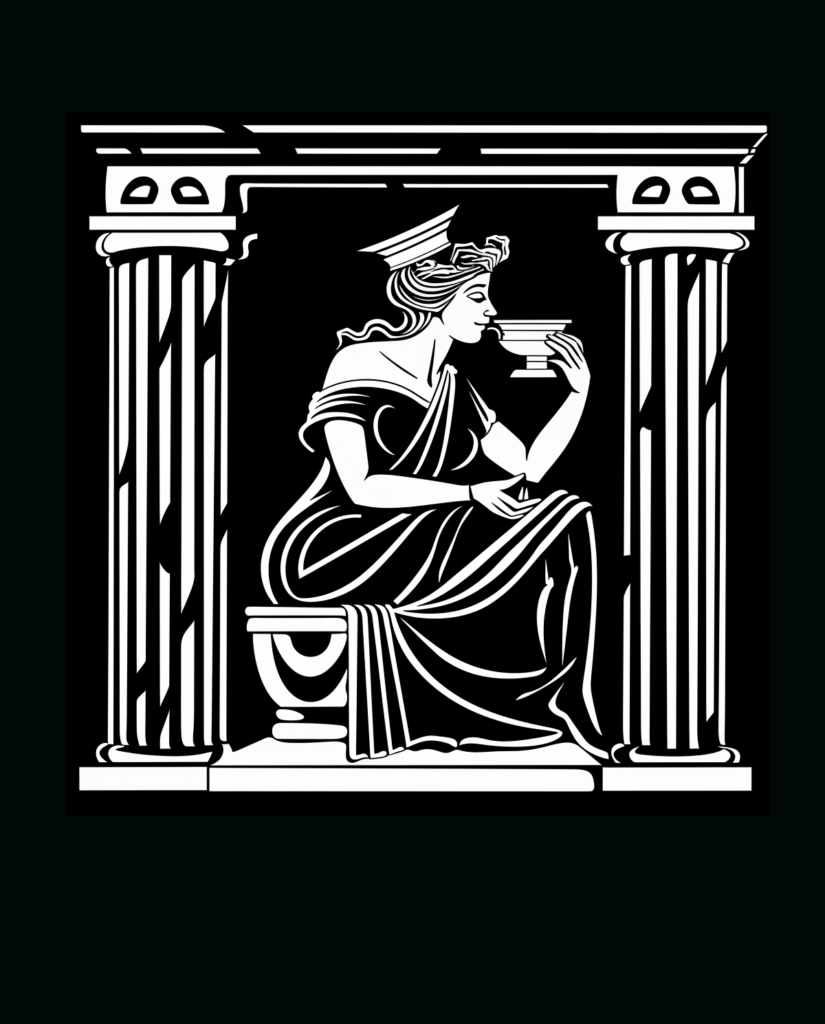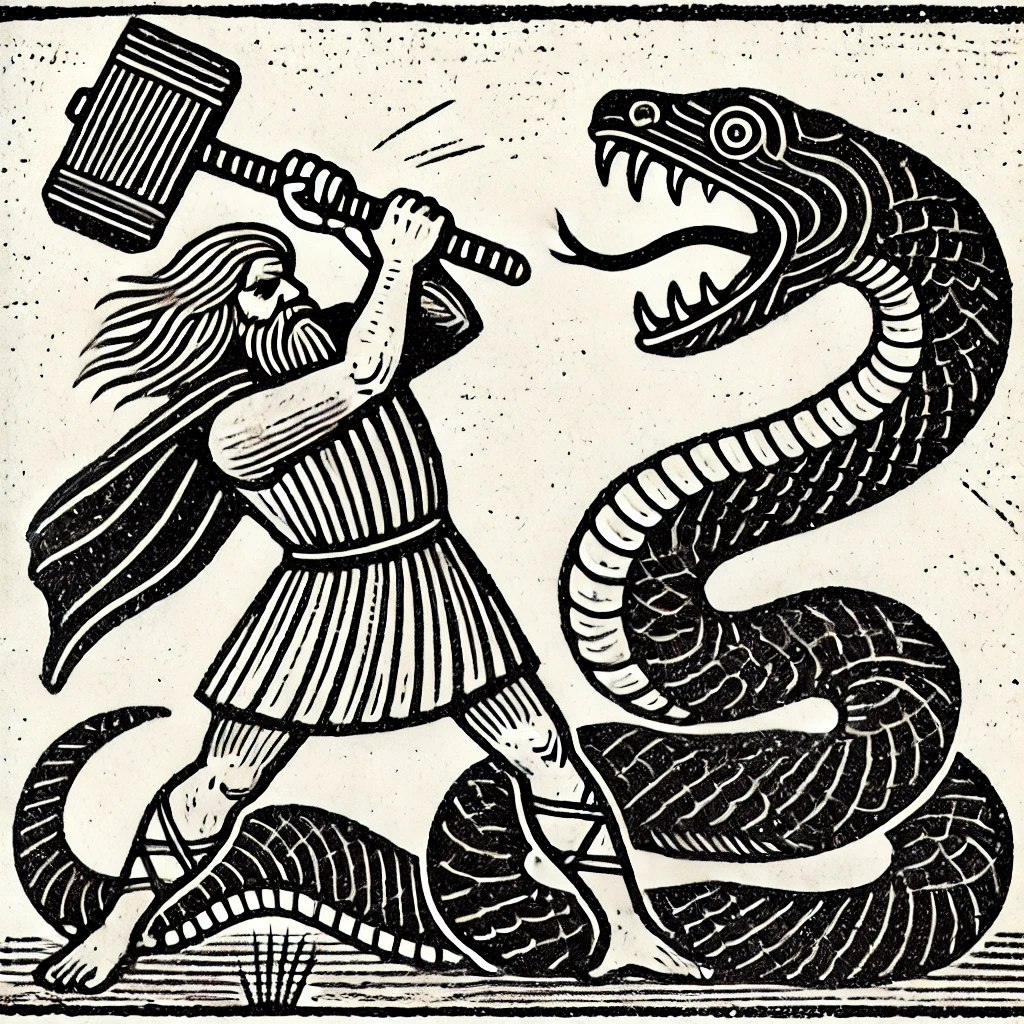
| Alternate Names: | Sunuxsal, Sunuchsalis |
| Iconography: | Cup, Temple, Dog |
| Domains: | Protection, Prosperity, Healing, Death and Rebirth |
Table of Contents
Historical Attestation
Sunuxsalis is a Germanic or Celtic goddess whose name appears in a number of inscriptions from Roman Germania Inferior. These inscriptions, which date from the 2nd and 3rd centuries AD, were found in various locations such as Bonn, Cologne, Embken, Eschweiler, Frenz, Heimbach, Hoven, Kornelimünster, and Neuss. The inscriptions typically include the phrase “Deae Sunux{s}ali” or “Dea(e) Sunux{s}ali,” indicating that she was a goddess who was revered by the local population. Many of the inscriptions are votive, indicating that the worship of Sunuxsalis was associated with fulfilling a vow or offering a prayer for a specific purpose, such as for the health and well-being of individuals or their families. The use of phrases like “pro salute” (for health) indicates that she was invoked for healing, or good fortune. Dedicatory inscriptions to a goddess named Sunuxsalis, are found in various locations in the Roman province of Germania Inferior, which corresponds roughly to modern-day Netherlands and parts of Germany. The inscriptions were carved on stone and are generally brief, listing the name of the dedicator and the goddess, along with a formula indicating that the dedication was made willingly and deservedly.
The earliest known inscription to Sunuxsalis is from Bonn, dating from around the 2nd century AD, and dedicated by a certain Cominia Apra for the well-being of her brother Apuleius Severus and herself. Other inscriptions from this region include one from Cologne, in which the dedicator is not named, and one from Embken, dedicated by Volerius Pusinnionis and Quintinus.
The etymology of the name Sunuxsalis is uncertain, but it has been suggested that it may be related to the Proto-Germanic word (*sunuz, ‘son’) and (*salaz ‘hall or shelter’) This interpretation is supported by the fact that many of the inscriptions to Sunuxsalis include the phrase “pro salute” or “pro lumine,” indicating that she was invoked for the well-being and health of an individual or family. It is worth noting that some material culture seems to connect Sunuxsalis with other deities, such as Pluto and Proserpina, or a possible spouse, the god Varneno. This association with other deities may provide further insight into Sunuxsalis’ portfolio or area of influence. For example, in one inscription, Sunuxsalis is mentioned alongside Pluto and Proserpina, which are associated with the underworld and death. This may suggest that Sunuxsalis may have been associated with death or a death/rebirth cycle.
Ingwine Guidance
In modern Heathen practice, Sunuxsalis can be honored as a goddess of protection and well-being, invoked for personal health and the safety of loved ones. Rooted in historical votive practices where she was petitioned for wellness and family protection, Sunuxsalis embodies the guardianship over life’s everyday needs. Contemporary offerings to her can serve as acts of devotion for health or gratitude for her safeguarding presence. Her historical syncretism with Roman deities reflects a spirit of resilience and adaptation, underscoring her enduring relevance within today’s Heathen practices.

